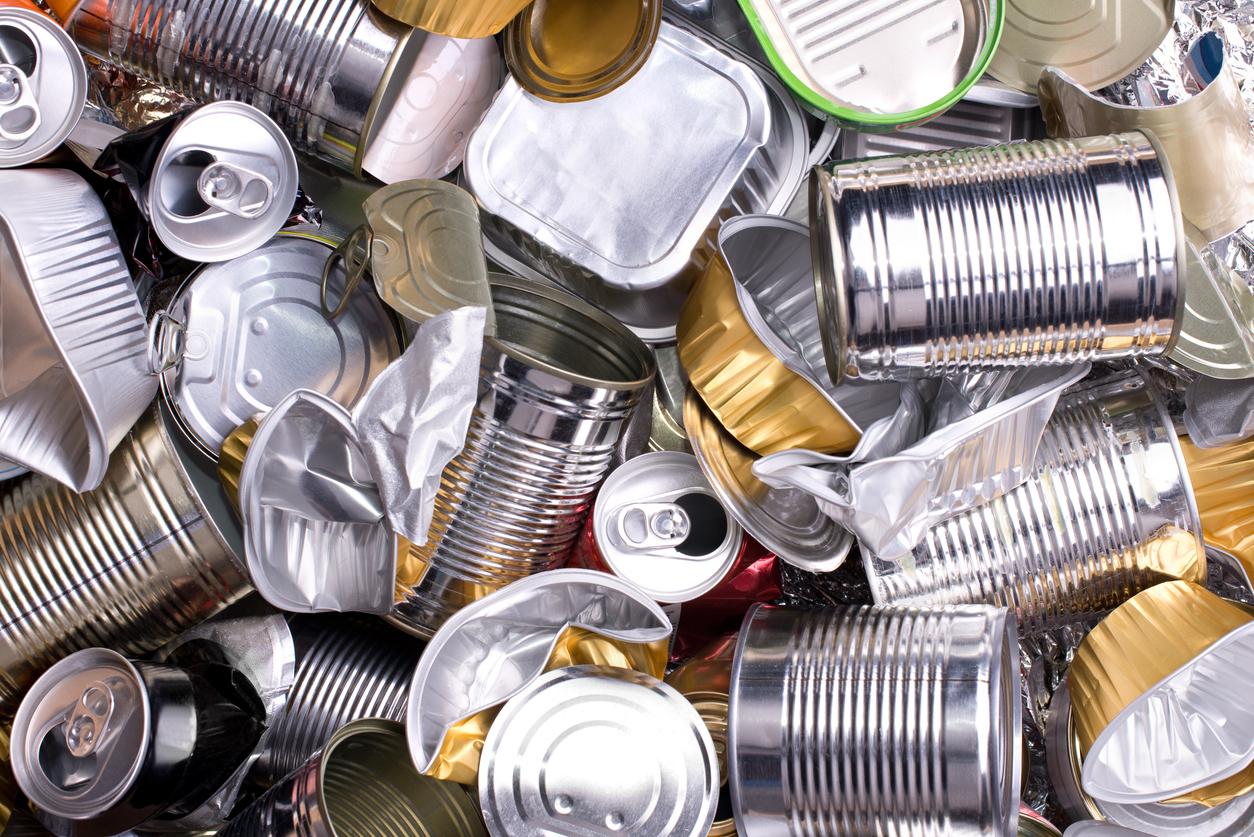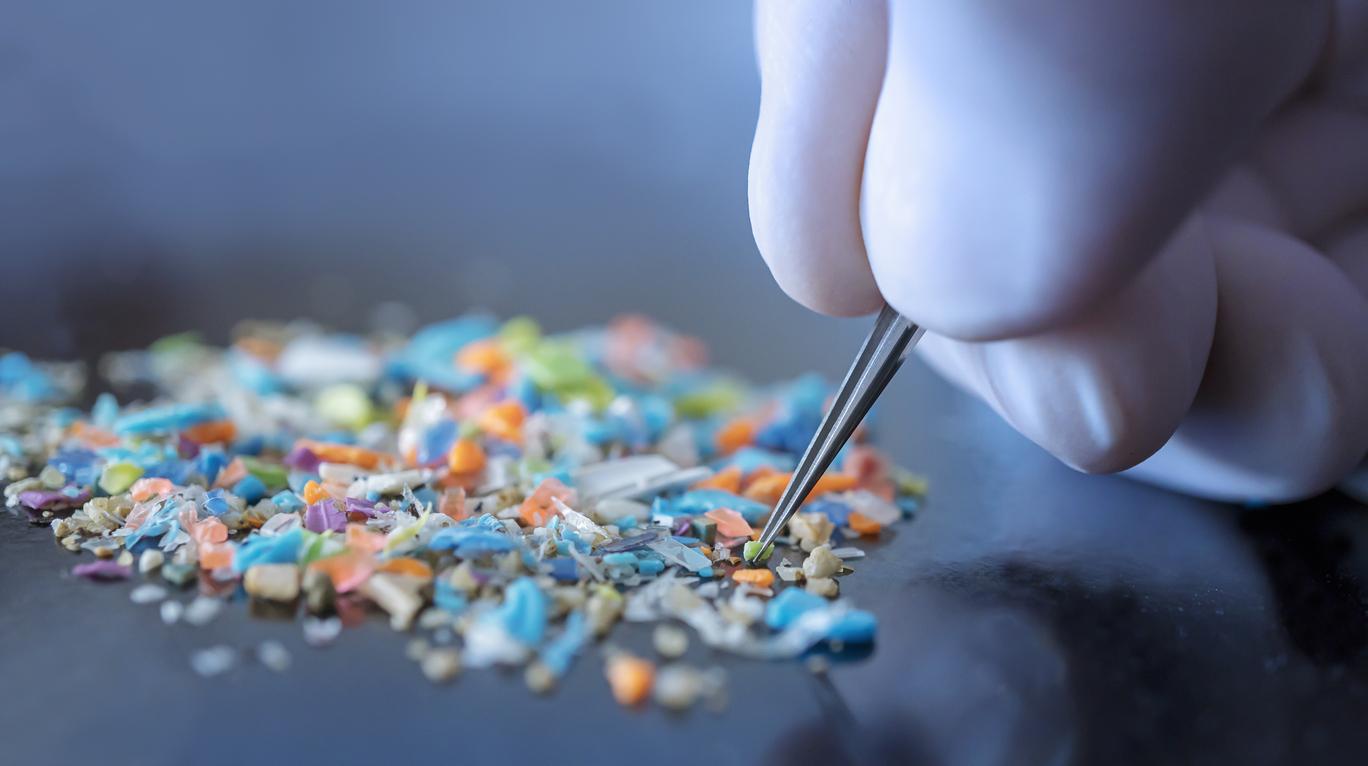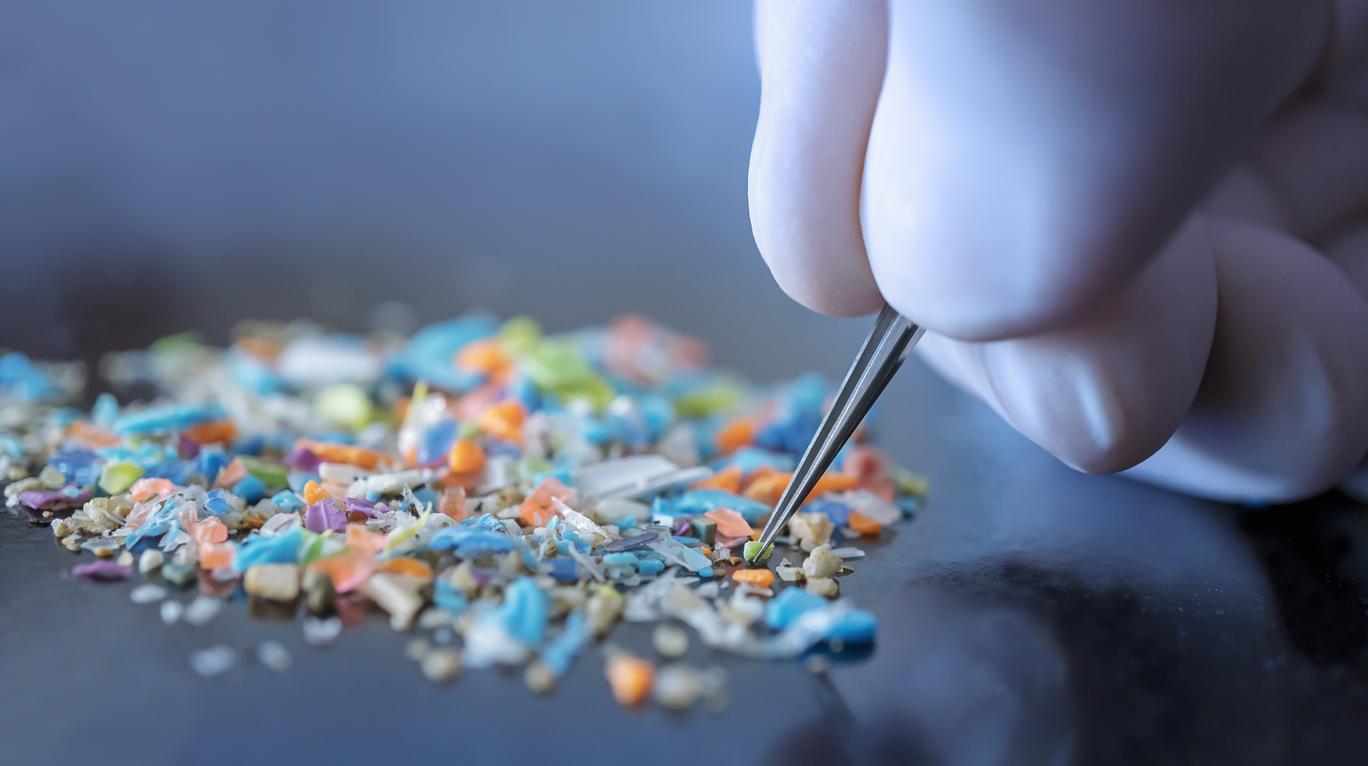In the UK, the Food Standards Agency has advised consumers not to use plastic containers and utensils containing bamboo due to safety concerns.

- The Food Standards Agency and Food Standards Scotland advise UK citizens not to use plastic containers or utensils containing bamboo and other unauthorised plant materials.
- The presence of bamboo and plant materials in plastics can lead to “leakage of formaldehyde and melamine into food or beverage products beyond the legal limit.”
- When formaldehyde is ingested at high levels, it can cause gastrointestinal symptoms. Melamine, on the other hand, can cause kidney damage and urinary tract damage.
In recent years, disposable plastic tableware has become rare in kitchens. It has been replaced by plastic cutlery containing bamboo and plant materials, such as rice husks, wheat straw and hemp. In May 2022, the Food Standards Agency (FSA) and Food Standards Scotland (FSS) have called on the industry to stop selling these containers and utensils that come into contact with food and demanded evidence to assess the long-term safety of these products.
“Formaldehyde and melamine leak into food or beverage products”
On July 30, the two authorities issued a new advisory on this disposable tableware. They continue to recommend that citizens do not use it for food purposes, because this cutlery “are not compliant with legislation and present safety issues.” Indeed, the Committee on Toxicity of Chemicals in Food, Consumer Products and the Environment (COT) reviewed the new data submitted to the FSA and FSS and found that there was insufficient evidence to conclude that these products were safe.
In detail, the COT reported that the presence of bamboo and similar plant materials in plastics could lead to “a leakage of formaldehyde and melamine into food or beverage products beyond the legal limit, which is dangerous for consumers.” As a reminder, formaldehyde is a chemical substance present at room temperature in the form of a colorless and flammable gas, which is recognized as carcinogenic at European level, according to Anses. “It is produced naturally by the body, but when ingested at high levels it can cause gastrointestinal symptoms. While melamine consumed short-term has low acute toxicity, long-term exposure to high levels can lead to kidney damage and urinary tract damage,” can be read in the press release from the FSA and FSS.
“The notice only applies to products that use a combination of plastic and plant-based materials.”
Although it is highly unlikely that short-term use of these products would cause an immediate health risk, the authorities are advising that exposure to these products should be reduced as the long-term impacts of regular use of these products remain unclear. As a result, they are advising that these cutlery items remain unavailable for sale in the UK and that consumers should discard or reuse them if they still have them in their homes.
“The notice does not apply to items made solely from bamboo or plant-based materials, but only to products that use a combination of plastic and plant-based materials. Companies are asked to ensure that any bamboo or similar plant-based products remaining on the market do not contain any plastic components.”they said.















